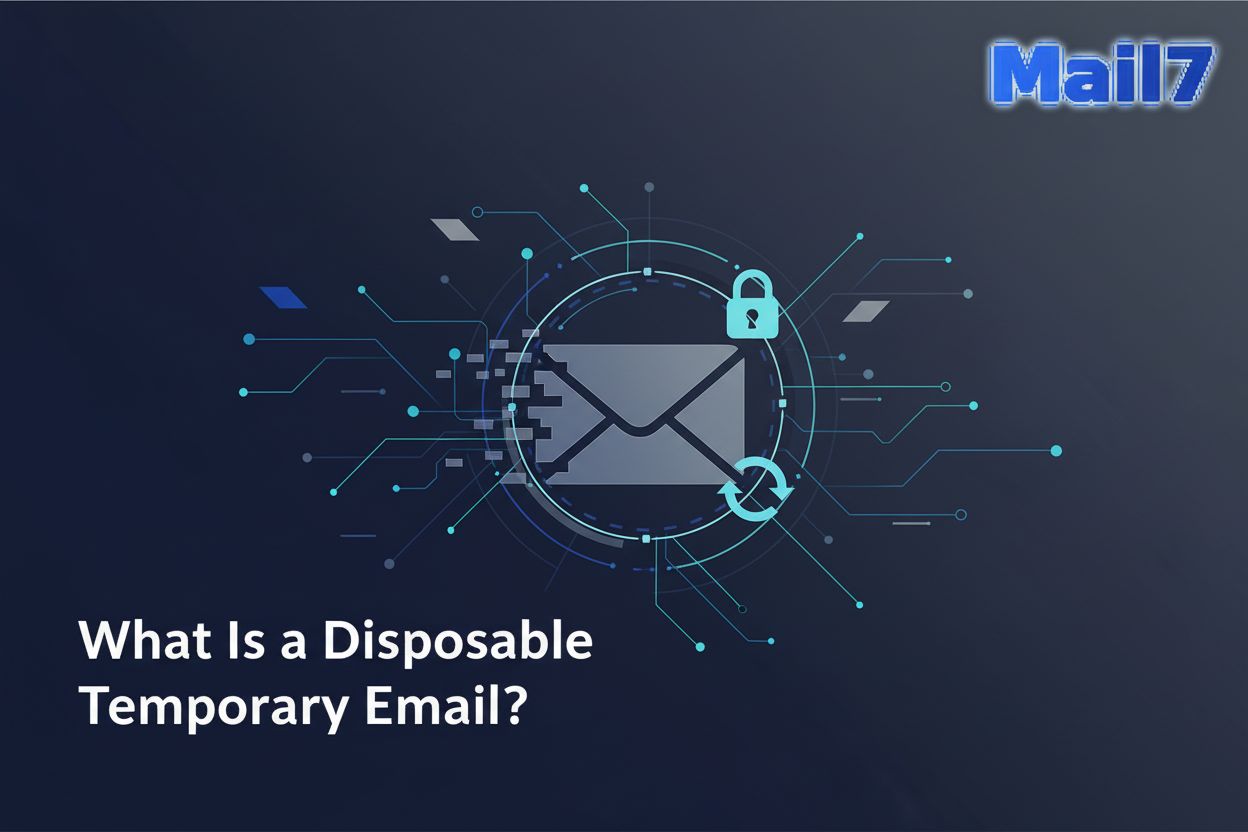Email Spam Legislation Around the World
TL;DR
Understanding the Global Spam Landscape
Okay, so spam laws... honestly, who reads those things? But if you're building anything that touches email, turns out, you kinda have to. Otherwise, uh, big fines and stuff.
Here's the deal:
Spam makes up a crazy amount of all email. Like, chamaileon.io says it's about 56%—that's a lotta wasted server space, not to mention the security risks.
Countries pass spam laws to try and protect users from getting unwanted and potentially dangerous emails, like those phishing scams.
For developers, especially, it's important to know what's up with these laws. You don't want to accidentally build something that breaks the rules.
It all comes down to consent, right?
Some places use an opt-in system, meaning people have to say "yes" before you can email them stuff. Then there's the opt-out approach.
There's also explicit versus implicit consent. Explicit is like a double opt-in. Implicit is like, they bought something from you, so you figure it's okay to send them similar stuff. But, yeah, read the fine print.
Whatever you do, make sure people know who you are and that they can unsubscribe!
North American Spam Laws
So, North America! You'd think it'd be simple, right? Nope. Each country kinda does their own thing when it comes to spam laws. It's like everyone's invited to the party, but they all brought a different dish.
The us has the CAN-SPAM Act. It's more of an opt-out kinda deal. Basically, you can email people without asking first, but you gotta be upfront about it being an ad, have a real address, and give 'em a way to unsubscribe, according to the Federal Trade Commission. (CAN-SPAM Act: A Compliance Guide for Business)
Oh, and heads up, if you mess up? Fines can be steep. Like, up to $16,000 per email, per violation. A violation could be sending an email without a valid unsubscribe link, or not clearly identifying it as an advertisement. Ouch! (Did you get a text message for an unpaid traffic ticket? It's a scam.)
Then there's Canada, which has CASL. It's way stricter, with an opt-in rule. You gotta get permission before you send anything commercial to someone in Canada.
So, yeah, if you're emailing folks in North America, you gotta know where they are and play by their rules. Next up: Europe!
European Spam Laws: Navigating GDPR and E-Privacy
Okay, so Europe's got this whole thing about privacy, right? And it's not just some suggestion, it's the law. Mess it up, and uh, well, your bank account might not be too happy.
The E-Privacy Directive is like, the OG set of rules, giving countries a base to protect their citizens from getting spammed into oblivion. But each country kinda did their own spin, which got messy.
Then comes GDPR, the General Data Protection Regulation. Seriously stricter, making sure companies are on the up-and-up with how they grab, use, and keep track of your personal info. It's all about getting real, actual consent.
Explicit consent is the name of the game, meaning it has to be "freely given, specific, informed and unambiguous.” So, no sneaky pre-checked boxes or assuming silence is a yes. You gotta get a clear "yep, I'm in!"
Fines for screwing up can be HUGE. Like, up to 4% of your company's global turnover, or €20 million—whichever's bigger. Ouch.
And here's the kicker: GDPR requires ongoing compliance for all data processing. So, if you can't prove you got valid consent for everyone on your email list, even for data collected before GDPR, you can't email 'em anymore. Better get those re-permission campaigns going, pronto!
Asian and South American Spam Laws
Asian spam laws, well, it's a mixed bag, isn't it? Some countries are trying, others... not so much. Let's take a peek into how Asia and South America handles unwanted emails.
Russia, for example, they got some rules about clearly stating if an email is an ad and needing consent. But, honestly, they are rarely enforced, so, you know, take it with a grain of salt.
China is interesting; they got strict rules, like needing explicit consent and putting "ad" in the subject, but enforcement is limited. It's like having a speed limit no one bothers to follow.
And then there's India... practically no spam laws at all. So, yeah, anything goes there, really.
Vietnam has some regulations, requiring explicit consent and specifying fines for violations.
Switching continents to South America, the landscape is just as varied.
Brazil? Nada. No spam laws. Zip. Zilch. It's a spammer's paradise.
Argentina, though, they got an opt-out system. People gotta be able to remove themselves from your lists, and you gotta say "advertisement" in the subject line.
So, yeah, Asia and South America? A bit of a wild west when it comes to spam.
The Impact on Developers and Email Testing
Okay, so you're a dev and you're thinking, "Spam laws? That's for the marketing team, right?" Not so fast. These laws? They affects everything you build involving email.
Think about it. Gotta make sure your email marketing platform has proper consent mechanisms – like, crystal-clear opt-in checkboxes. And unsubscribe options that actually work. No one wants to get sued because their "unsubscribe" link goes to a 404.
You also need to think about sender identification. Like, making sure the "from" address is legit and not some spoofed nonsense. Otherwise, your emails are going straight to the junk folder, or worse. For robust sender identification, consider implementing email authentication protocols like SPF, DKIM, and DMARC.
If you're building transactional email services, you're not off the hook either. Even password resets and shipping notifications need to follow the rules. CAN-SPAM, as mentioned earlier, specifies you gotta have a real physical address in there.
And here's a pro tip: use disposable email services for testing. Seriously. You don't want to spam real users, right? It's bad practice—and it can get you in trouble, as we've seen.
It's especially useful if you're testing signup flows for a healthcare app or a new feature in a finance platform. You don't wanna accidentally violate HIPAA or some other regulation because you were sloppy with your testing. Using disposable emails helps isolate your testing environment, preventing accidental data exposure or regulatory breaches that could occur if real user accounts were used for extensive, potentially error-prone testing.
Disposable emails? keeps things clean and legal.
Conclusion: Staying Ahead of the Curve
Okay, so, wading through all those spam laws can feel like trying to assemble furniture with instructions written in another language, right? The good news? There's a few things you can do to keep your head above water.
First off, stay informed. Seriously. Laws change, interpretations get tweaked—what's okay today might land you in hot water tomorrow. Keep an eye on updates from places like the Federal Trade Commission and other regulatory bodies.
Next, cover your bases. Err on the side of caution, especially when dealing with international audiences. That "implied consent" you think you have? Might not cut it in Europe.
Lastly, test, test, test. Before launching any email campaign, run it through the ringer. Use disposable email addresses, try different scenarios, and make sure your unsubscribe links actually, y'know, work.
It's a bit of a pain, sure. But trust me: it's way less painful than a massive fine.





